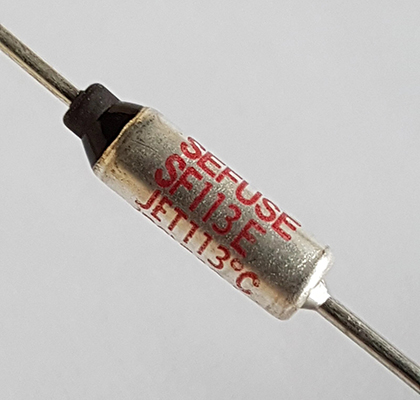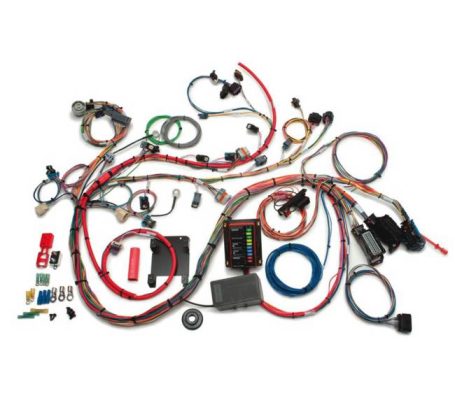Thermal Fuses for Automotive Electrical Systems Adhering to ISO Standards for Enhanced Protection
News 2025-10-27
Thermal fuses are essential safety devices in the automotive industry, designed to prevent overheating in electrical systems by interrupting current flow when temperatures rise beyond safe limits. As vehicles become more electrically complex, with features like advanced driver-assistance systems and electric powertrains, adherence to ISO standards such as ISO 8820 and ISO 16750 ensures these components meet rigorous safety and reliability requirements. This focus on standardization helps mitigate risks like thermal runaway, protecting both vehicle integrity and occupants in diverse driving conditions.

Applications in Vehicle Systems
In automotive settings, thermal fuses are integral to applications such as battery packs in electric vehicles, motor controls, and lighting circuits. They safeguard critical components by activating in scenarios like short circuits or excessive load, commonly found in hybrid systems and infotainment modules. This application versatility enhances system longevity and supports the shift toward sustainable mobility by ensuring safe operation under varying environmental stresses.
Performance Benefits
Thermal fuses offer significant advantages, including rapid response to temperature increases, which is vital for averting damage in high-stakes automotive environments. Their design complies with ISO standards, providing robust resistance to vibration, moisture, and corrosion, while maintaining low electrical resistance for efficient energy use. These attributes not only boost reliability but also contribute to cost savings through reduced downtime and fewer failures in complex vehicle architectures.
Frequently Asked Questions
1. What does a thermal fuse do in automotive systems?
It permanently breaks the electrical circuit when temperatures exceed a set threshold, preventing overheating and potential fires.
2. Why are ISO standards important for these fuses?
They ensure the fuses perform reliably under automotive conditions, meeting global safety regulations and reducing failure risks.
3. How do thermal fuses enhance vehicle reliability?
By providing automatic protection against thermal events, they help maintain system integrity and extend the lifespan of electrical components.


